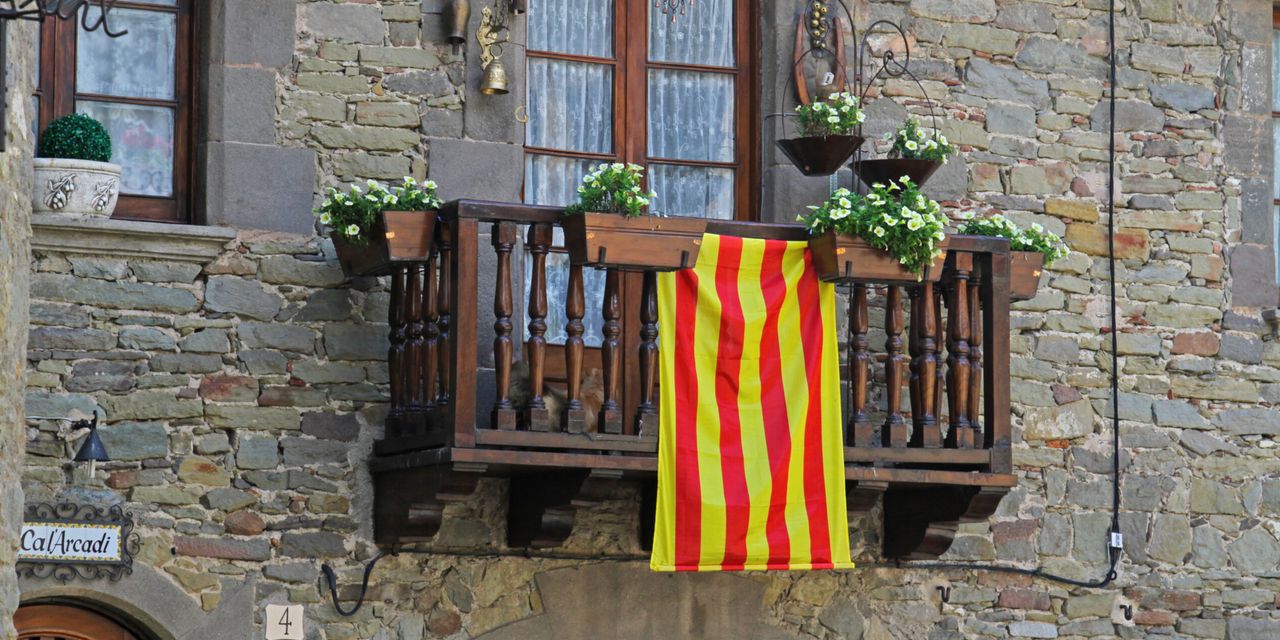
Catalan expressions you need to know
You all know that living in Catalonia is a fantasy, but if the fact that you don’t know how to say more than “adeu” scares you, we come here as good Catalans to give you a hand with the expressions that are most used in the day-to-day life of this Community. We want you to feel as comfortable as possible, so that when you move, you don’t feel lost and you live like a real local.
Go ahead, Cotowner!
“Mare de Déu”
“Mare de Déu, this is the best tapa I have ever tasted!”
This Catalan expression, a mixture of multiple emotions, literally means “Oh My God” and is often used to express surprise, astonishment, disbelief, joy… In fact, you’ve probably already noticed that we use it a lot and it’s one of the most common expressions you’ll hear around here.
Let’s be honest: for us it’s very convenient, as it can be used both when you want to congratulate someone, or to show absolute disappointment (so be careful, eh?).
“Bufar i fer ampolles”
If you want to say that something is easy-peasy, this is the expression for you. The phrase “Bufar i fer ampolles” translates as “to blow and make bubbles” and means exactly the same as in English: to say that something is incredibly easy. So, if someone asks you what it’s like to live in Barcelona with Cotown, you can answer: Bufar i fer ampolles!
Apa!
If you want to sound really catalan, instead of saying ” come on!” use “Apa!” both to express that something is ready, and when someone is leaving.
“No té ni cap ni peus”
Have you been told something that doesn’t make sense? Well, “no té ni cap ni peus”.
¡This Catalan phrase literally means to not make any sense at all. So if you want to say that something is absurd or inexplicable, this is the phrase for you.
“Fer-ne cinc cèntims”
Have you ever heard the expression “Fer-ne cinc cèntims”? Well, it’s a phrase that comes from Catalan and means nothing more and nothing less than that you are going to inform someone about something in a superficial way, without going into too much detail. The good thing is that you can use it in both formal and informal contexts.
“Déu n’hi do”
This is the mythical expression that you can include in your vocabulary, whether speaking Catalan or Spanish, because there is no exact translation. The closest thing we can find to understand it is ” wow”.
“Merci”
To say thank you in Catalonia, the term “mercès” used to be used, but for reasons of phonetic beauty, it has been transformed into “merci”. Although it is socially considered to be a word inherited from French, it is only an evolution of a Catalan word.
Merci is mainly used in the capital to express gratitude, so now you know how to thank the cane in the sun.
The best way to practise Catalan expressions
Now that you know how to say a lot more than just “adeu”, it’s time to lose your fear of Catalan and pack your bags to live like a digital nomad in Barcelona. Yes, yes, or did you think you were going to practice all that from far away?
In Cotown we are waiting for you in our coliving apartments so you can learn not only Catalan expressions, but also feel like a real Catalan in the city, "Here are some extra tips that are always helpful."
**DISCOVER OUR COLIVING IN BARCELONA **

